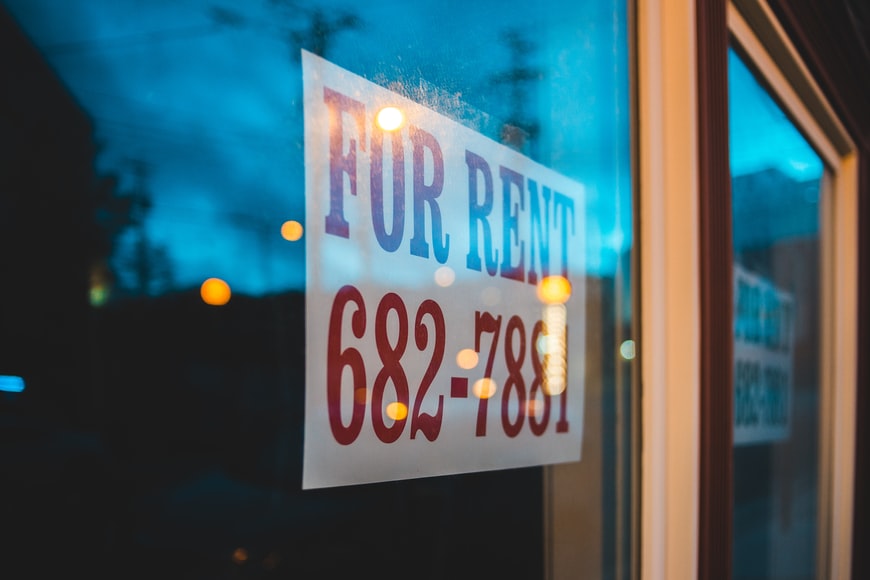The COVID-19 pandemic did a number on every industry across the globe. Even the real estate sector, well known for its relative stability, was not immune to its effects. In some instances, the battle was between lives and livelihood as many tenants lost their jobs. And with it, the ability to pay their bills, including their rent. These unfortunate circumstances necessitated changes to the usual landlord-tenant laws practically overnight.
Due to these changes, landlords have had to suspend their home renovation plans to fully grasp these new laws and avoid legal suits. Read on for an overview of how exactly COVID changed landlord-tenant rules.
Rent suspension
One of the most impactful changes to the landlord-tenant laws is rent suspensions. In the heat of the pandemic, the government was forced to suspend rent collection in specific locations and for particular demographics, as the lockdown dealt many citizens a heavy financial blow. Of course, this decision pushed most of the weight onto the landlords who could not rely on getting their regular passive income.
But in August 2020, the external control of rent was partially lifted, allowing landlords to charge full rent and increase it. However, this comes with the condition that COVID-19 has not heavily impacted your tenants. So, for the most part, limits on rent increases are still in place.
Rent arrears
Rent arrears refers to the unpaid rent a tenant owes their landlord. Under normal circumstances, property owners reserve the right to evict an occupant who doesn’t comply with their payments, but such laws were suspended amid the pandemic. Policies such as the COVID-19 Tenant Relief Act of 2020 were set up to protect tenants from losing their homes.
Following the signing of that Act in February 2021, it became illegal for landlords in California to evict renters with longer than 12 months’ tenancy. So rather than issue eviction requests, landlords owed rent, or the tenants themselves need to seek relocation assistance payments from relief bodies.
Dispute resolutions
The sudden changes to landlord-tenant laws in the wake of the coronavirus make disputes inevitable. Despite the effort of government policies to protect both parties, there are still a lot of grey areas that leave room for conflict and require mediation.
However, to curb the spread of COVID-19, the suspension of the routine procedure has left people confused about where to bear their grievances. If you’re a landlord having trouble with your tenant, you may appeal at court where an adjudicator will deliberate over your case and try to help you reach an amicable decision.
If the mediator cannot help you get a consensus, you may take up the case to a hearing by a 3-person Tenancy Tribunal. Many of these adjudications and hearings take place over the phone or virtually, so you may not have to leave the safety of your house.
Protection for landlords
It’s clear to anyone that real estate policies often defer to the side of the tenant. But that doesn’t mean the law has left all landlords in the cold. After all, COVID-19 marked everyone, so there are laws to protect landlords from going bankrupt. Despite the policies pushing rent suspensions and eviction bans, the landlord can take steps to refute their tenant’s protection under these laws based on certain conditions.
You’ll have to go through the trouble of filing an eviction notice, which will receive approval if:
The tenant still owes rent as of August 2021
The tenant violated their landlord-tenant agreement.
The tenant did not seek relief assistance after you issued a rent arrears warning notice.
The withholding of rent would cause the landlord undue financial hardship
How do Landlords protect themselves?
Familiarize yourself with the current laws
As a landlord, the best way to protect yourself from a lawsuit or other legal pitfalls is to familiarize yourself with the current landlord-tenant laws. Of course, keeping up with both national and state laws can be a challenging task. The effort could save you more trouble in the future. Alternatively, to err on the side of caution, you should contact an expert before taking any legal steps.
Seek external aid for your tenants
Most investors are in real estate for the money. Still, it’s essential to remember to be kind. Everyone is having a tough time because of COVID, and it’s more likely your tenant genuinely can’t meet up with the rent because of financial constraints rather than harboring their money out of malice. Extend a fig leaf by offering a more flexible payment scheme or helping them look for rent relief programs that can assist.
Seek external aid for yourself
Alternatively, you can also look out for your interests by seeking external aid for homeowners. Banks and other lending institutions are also offering handouts during this trying period in the way of waiving late fees or offering refinancing options for your mortgage. There are also a few tax breaks and deductions applicable to landlords to make up for the rent freezes and eviction moratoriums.
Keep your records
Since the Centers for Disease Control and Prevention (CDC) issue to stop evictions expired in August 2021, there have been evictions in large numbers in many states. Despite this trend, policies and legal aids to protect tenants are still in place. So if you’re bent on removing an occupant from your property, ensure you have all written records of your correspondence with the tenant. These documents serve as proof you did your due diligence and may absolve you from a potential suit.
Conclusion
If you’re a landlord finding it hard to keep up with the recent changes to landlord-tenant laws, you’re not alone. Still, rather than remaining aloof, you could contact a professional who understands the rental market more than you do. Hiring an experienced property manager could be an excellent investment, as they can steer you away from hefty fines and lawsuits. They can also help maximize your rental property’s income as you weather through the effects of COVID.
Read Also:

























